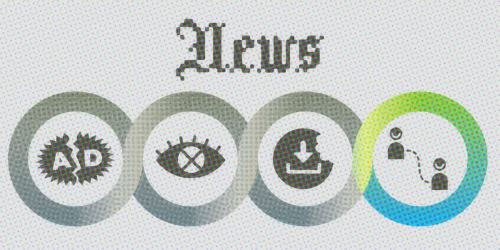Almost exactly a year ago, the Federal Communications Commission (FCC) voted to strip net neutrality protections from the Internet and reclassify Internet Service Providers as an “information service” rather than a “common carrier” telecommunications one. This year, the FCC has voted to classify text messaging the same way.
This classification is not just a minor legal technicality. It can have real effects on our ability to use text messaging for political speech and supporting charities. This is why EFF joined 19 other groups in signing a letter urging FCC Chairman Ajit Pai to either classify SMS and short codes as a common carrier or, at the least, wait to make a decision until the effects of classifying text messaging as an information service could be studied under today’s circumstances.
Currently, short-messaging services (SMS) and short codes—the five- or six-digit numbers you often see attached to charity appeals that allow you to donate by text—are not classified under the traditional scheme. Classifying text messages under Title II would require wireless carriers to contribute to the Universal Service Fund, which funds initiatives to, among other things, increase the availability and affordability of phone and Internet services for rural and low-income users.
Title II classification would also prevent wireless companies from interfering with text messaging and operate in a non-discriminatory manner. History shows us that when the wireless carriers exerted discretion over text messaging, it effectively amounted to censorship and hampered the ability of people and groups to organize. In 2007, Verizon blocked text messages from NARAL on the grounds of “controversy.” In 2010, T-Mobile was accused of blocking texts from a medical marijuana service. That same year, Sprint demanded Catholic Relief Services end a texting-based drive to raise money that was started as a response to the earthquake in Haiti. This is a problem that spans wireless companies and issues.
Classifying texting under Title I as an “information service” means no oversight when this keeps happening. It means even less money for people who don't have access to the Internet. It means that political activity over a critical messaging tool will be subject to a gatekeeper rather than open to all on reasonable and just terms. It means that wireless carriers can block text messages whenever they want. It serves wireless company's interests but does little for you, the user.








